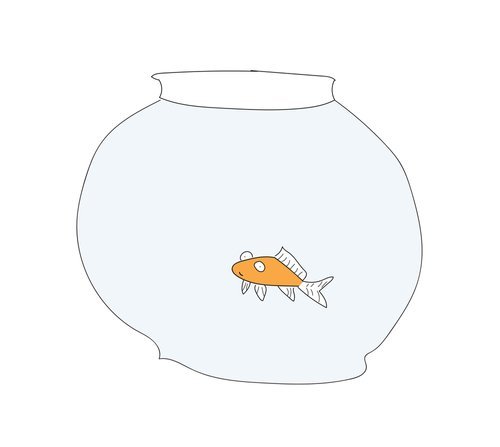It is not my role, or aspiration, with these essays, to comment in real time on all that is happening in the world around us. I try to use this space to pause, to step back and reflect on the bigger picture—the longer arc of the issues that shape the world around us and that, in turn, shape health. It is, however, difficult to ignore events when they occur so fast and with such implications for our work—our mission of thinking, writing, and acting in pursuit of a healthier world. This feels like such a moment, one that bears reflection. Globally, we are seeing a fraying of a world order that has held for the past 75 years, as old alliances are being called into question like never before in recent memory, leaving us to wonder what shape geopolitical forces will assume and what implications this realignment will have for war and for peace. Conflicts continue to rage, from the war in Ukraine to the Iranian government’s recent killing of as many as 30,000 of the country’s citizens. Nationally, we have seen a threat to foundational political structures that we have long taken for granted, as the executive branch strains against the judicial branch. Aiming to deliver on campaign promises to change immigration in this country, the administration has launched increasingly alarming and cruel immigration enforcement measures, culminating in deaths. Protests against these efforts in Minnesota have galvanized national and global attention. All this is unfolding against a backdrop of ever-more-apparent extreme weather events, such as the one we are living through across much of the US this week, even as the drivers of climate change are neglected in federal policy.
This, then, is a moment that calls for reflection. In such times, it can feel simultaneously as though so very much is happening everywhere, all at once, and also as if the world is standing still. So much is happening that it seems like the pace of events cannot long continue at this pitch—there is disequilibrium here, and it feels like something must soon give. We are holding our breath, waiting to see what that might be, what new form the world will take. We wonder how we might act to be helpful in the moment. What can we do to help ensure the new world that emerges is better, not worse? We can sense the danger, and also perhaps the potential, all around us. This reminds me of a useful aphorism by Antonio Gramsci: “The old world is dying, and the new world struggles to be born; now is the time of monsters.” So yes, it is a moment of danger—one that affects many of us in deeply personal ways. It affects those who, like me, are immigrants to this country, facing the ever-present threat of “othering” that has become normative in the public political conversation, and the very real threat of expulsion. It affects those who have lost jobs, or have family and friends who have lost jobs, in sectors radically transformed over the past year. It affects families who continue to find the country’s economic imbalances unsustainable and have a hard time making ends meet. It affects communities devastated by climate disasters, forced to rebuild their lives amid increasingly volatile conditions. The moment is not abstract. It is real, tangible, and affecting humans every day.
This brings me back to the question: how can we constructively engage with this moment? What is the role of those of us in the community of thinkers and doers focused on the health of populations? What should we do when the world seems to teeter on the brink of…something? How do we help nudge an unstable world in the right direction? I have found myself reflecting on this time and again over the past tumultuous decade, and perhaps never more so than in this past year, when that tumult seems to be approaching some sort of crescendo. In reflecting, I keep returning to three principles. I share them here—partly to sharpen my own thoughts through writing, and in the hope that they may be useful to those who read this
Read more here


